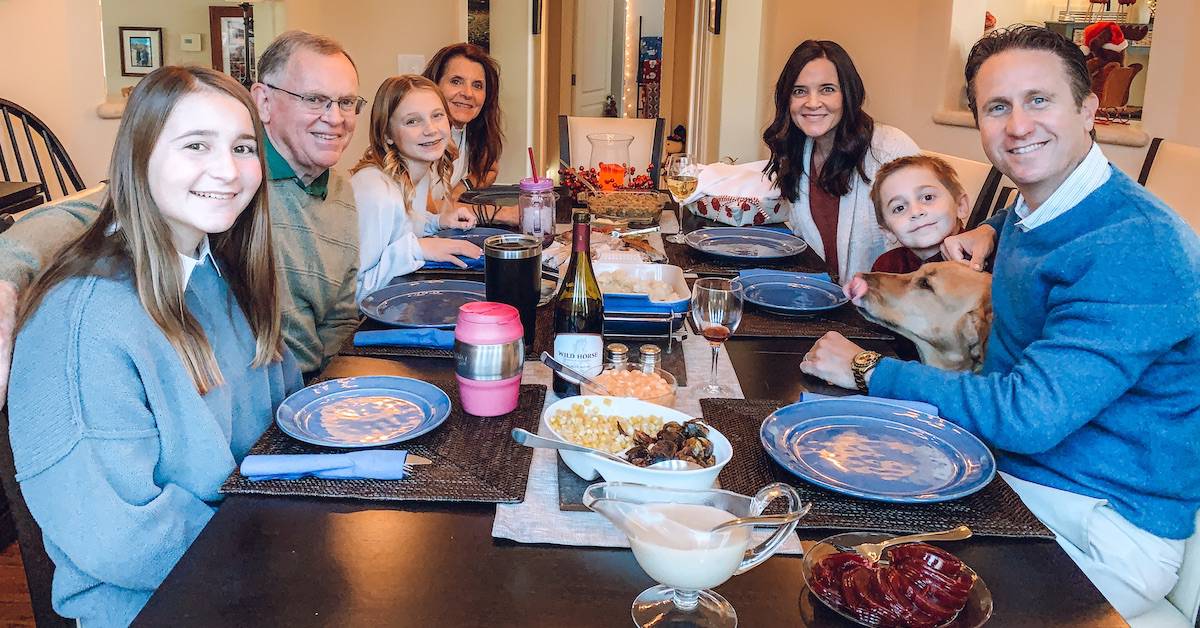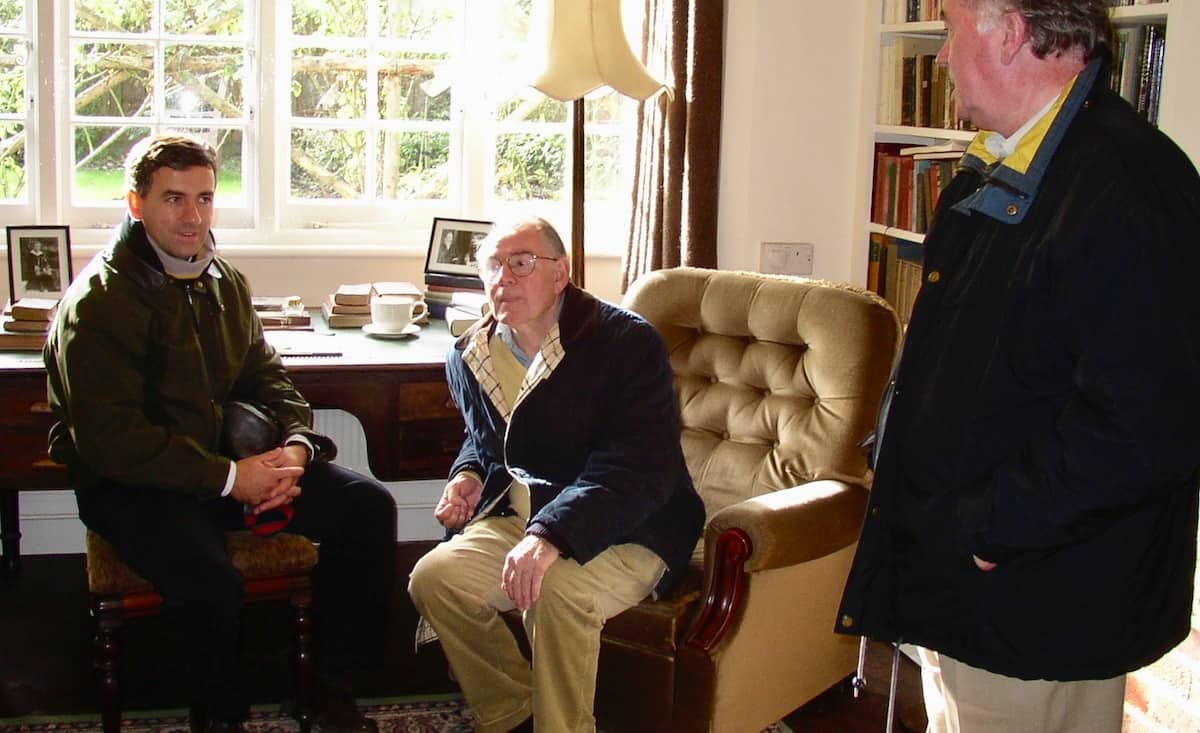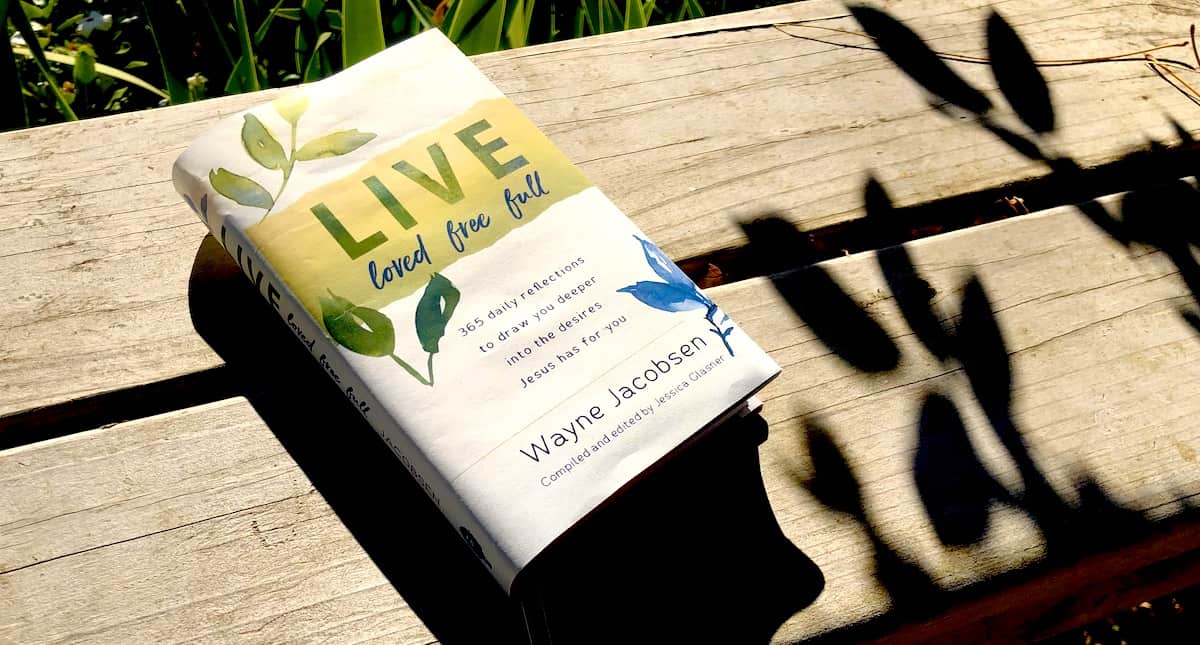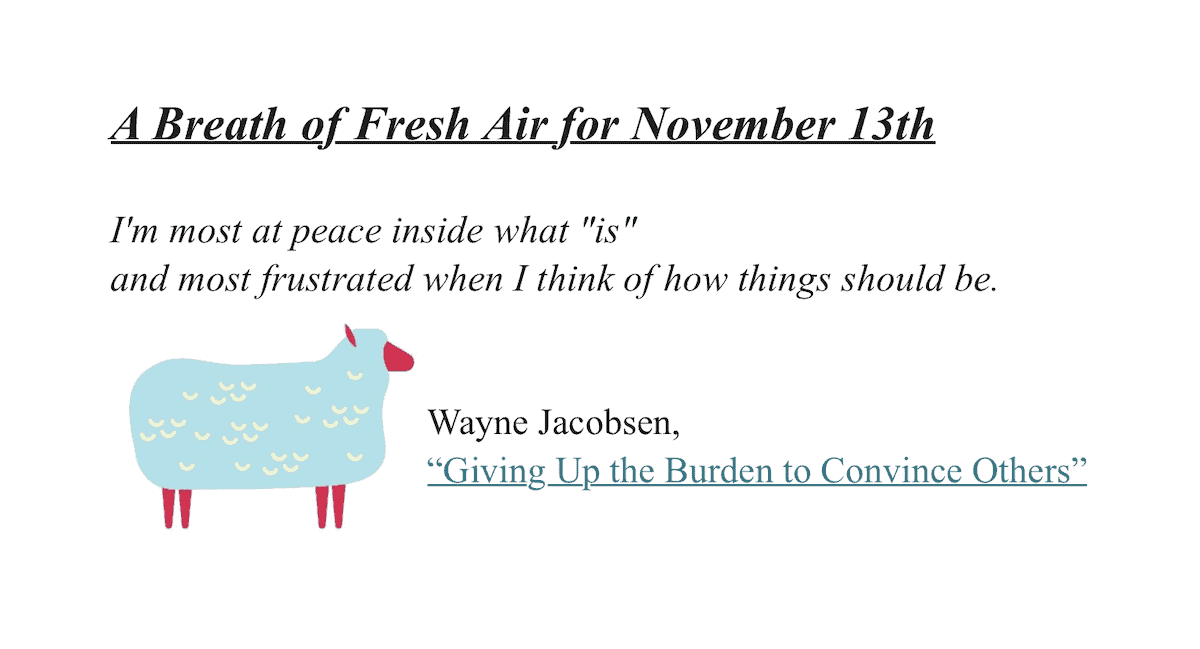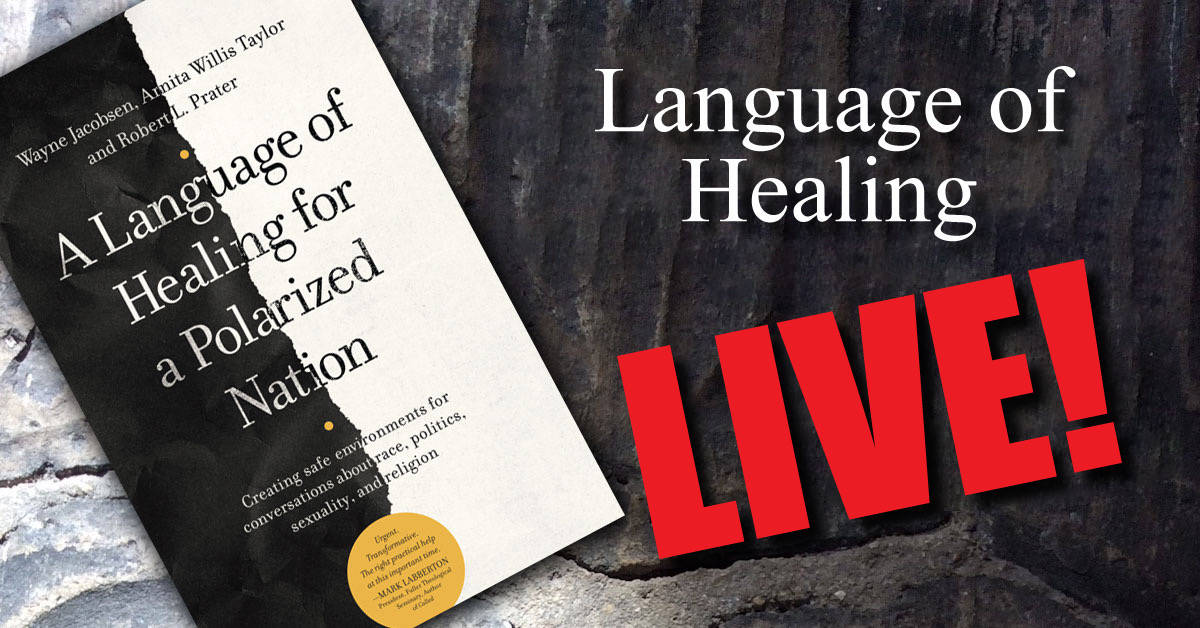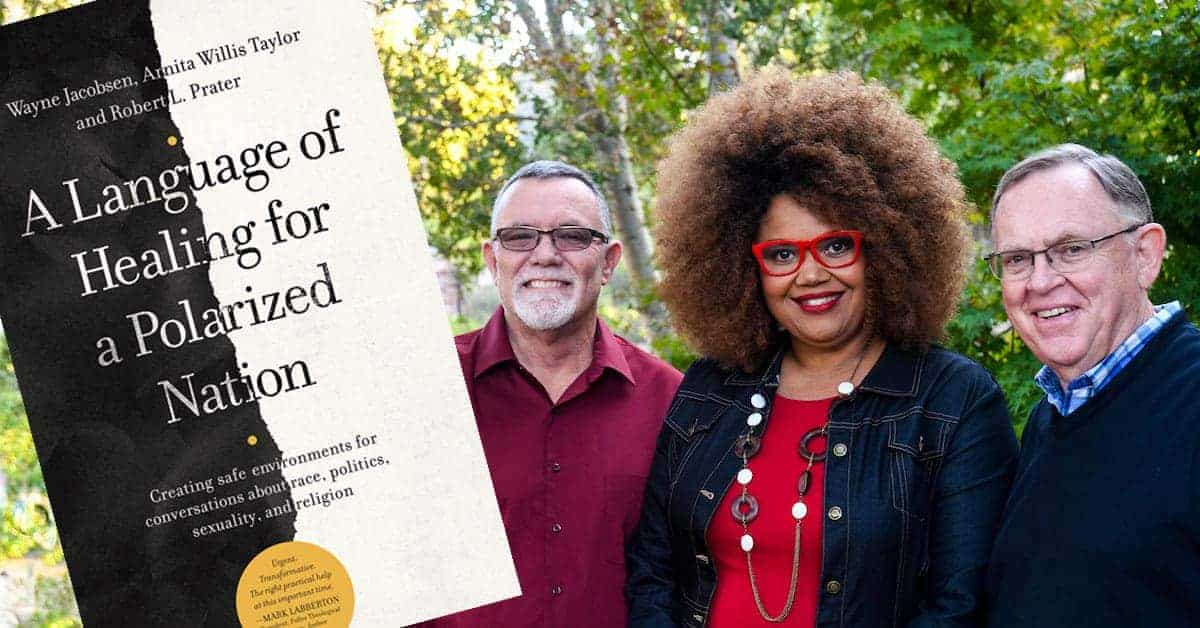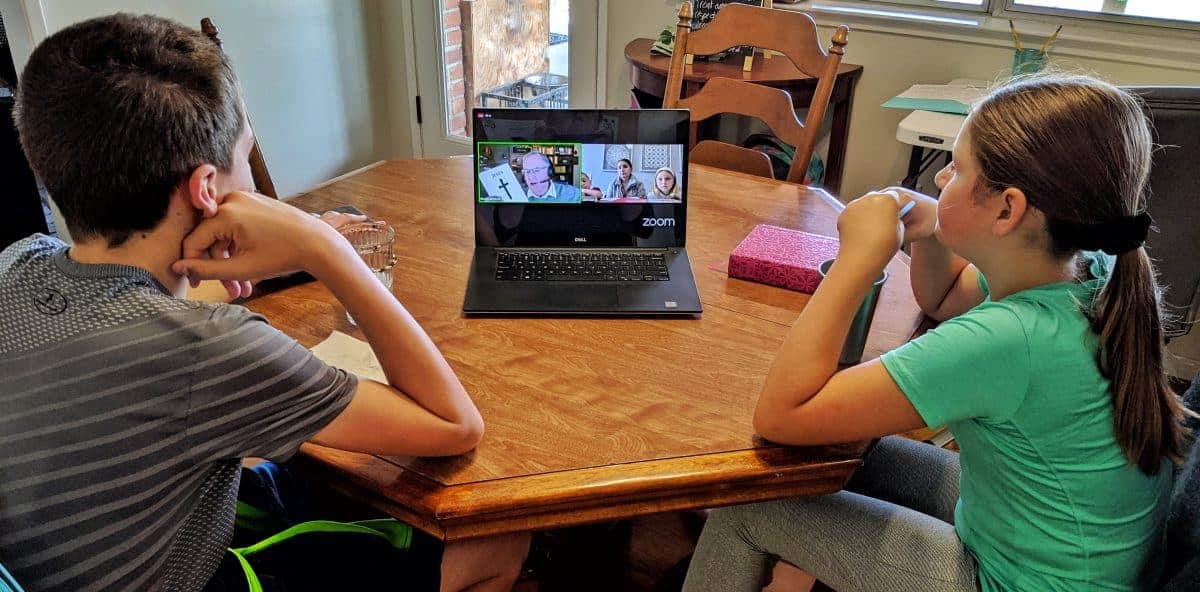A Life-Long Companion
I am grateful to those of you who have taken the time to review my new book on Amazon. Thank you from the bottom of my heart. I hope they are helpful on people finding this book as an encouragement to the Spirit’s work in them. You have no idea how much those reviews help to launch this book into the wind. If you’re enjoying it and haven’t reviewed it yet, please consider doing so. Even a sentence or two is incredibly helpful.
While Amazon has the Kindle version for order, they are still listing the hardback book as “Unavailable.” It’s crazy! We shipped books to them weeks ago and have confirmation of them having been received. We have called them and written them and they still have not found the glitch that makes it seem the book is not available. I’m so sorry for their incompetence. Don’t despair, though, we have plenty available for immediate shipping at Lifestream. (For international orders, please email Jessica for a quote before ordering because our shipping calculator does not work for foreign destinations.) And if you want to hear more about the book, I was a guest last week on the AdventureLife podcast with Will Ratliff where we talk about the book.
I got my favorite review of this book a couple of weeks ago via text in the middle of playing a round of golf. It was from my thirteen-year-old granddaughter. “I was reading your book yesterday it is very good.” To hear her unbidden call it ‘very good.” warmed my heart. Let’s just say reading isn’t high on her list of favorite activities. What it lacks in eloquence, it makes up for in heart. I dedicated this book to my three grandchildren because in many ways I wrote it for them. As I was working on it, I hoped this would become a treasured companion for their life-long journeys—a loving grandpa whispering in their ear the things that he thinks matter most.
If it would touch them, I’m sure it would touch many more—parents, children, grandmas, and grandpas. By the reviews people have been posting and the emails I’ve received from those reading it, it has hit its mark.
Sara and I read my January 31 devotional last night. Many have written me to tell me it is one of their favorites. It is one of mine too. Those are the thoughts that draw me into a better relational space that makes me aware of God’s presence and his activity around me. That’s what my hope was in putting this devotional together, and I’m so glad to hear from those of you who are already finding it a welcome companion on your journey.
Here are some of the reviews from Amazon. It blesses my heart to see how others are being touched by this book.
Jonathan
I first found Wayne Jacobsen through his Lifestream website many years ago when I was going through a difficult time in my spiritual journey. I have read many of his books, blog posts and listened to many episodes of his podcast over the years, and I was very excited when I found out he was creating a daily devotional! I got the Kindle version as soon as I heard it was available, and while daily devotionals were created to be read one day at a time, I haven’t been able to keep myself from reading ahead, and I am currently a month ahead of where I am supposed to be in the book, but I don’t care! With every devotional, I feel myself growing closer to God as I am made more aware of how much he loves me, and how I often forget that I am one of his beloved, loved greatly by him, just because he loves me, not because of anything I ever did or could do to earn his love. Returning to my first love is such a great experience, I am looking forward to reading through this devotional, and then starting over again to read through it multiple times this year!
MA Brown
I’ve been reading and listening to Wayne for almost twelve years now, and I love these little snippets of the wisdom he’s gained on his journey to live every moment in Father’s affection. They’re great reminders to me… I hope that they’re just what you need to breathe hope and peace into your heart and mind, especially in these challenging times. More than that, I hope that you will decide to go deeper into Wayne’s journey through the rest of his books. I’m grateful for his company on my journey–I bet you will be, too.
Timmy
This is a daily devotional book, but you cannot stop at just one. They are so inspiring. I have learned from Wayne’s journey with Father though his books, blog, and podcasts for more than ten years. The truths that Wayne shares have greatly impacted my relationship with God. I am so thankful to have his rich and wise insights in a daily format that will remind me and encourage me to go ever deeper in living in the reality of my Heavenly Father’s love for me.
Janelle
You know that feeling that you have on a busy day, when you get to take a break with a cup of your favorite beverage and just sit and take some time to recharge your batteries? Well, the entries in this book remind me of that. In a busy world loaded with hectic schedules, exhausting demands on our time and attention, and relationships that are floundering where we wish them to be flourishing, the contents in this book offer an oasis to visit. The truths portrayed energize you to take that next step forward in hope. We are meant to thrive, not just survive. Learning to live loved equals a security we all long for, an ever-growing sense of belonging that cannot be found reliably anywhere else. In these pages you will find much to point you in that direction and encourage you along the way.
Dianne
Generally, devotional books focus on what we have done or haven’t done, what we should do or shouldn’t do. We read them as an obligation because we “should” in order to “be better” Christian. This book is different. It is a pleasure and a joy to read because each reading gives us a different view of God’s love for us. No guilt. No shame. Just God’s love for you; unending and unconditional. You’ll probably finish this book in way less than a year because once you start reading, you’ll forget to stop at the end of each entry. You’ll find the readings so encouraging, so inspirational, so comforting that you will keep reading, one after another. What better way to begin (or end) each day than with a reminder of how much Father God loves you.
1thing
Open this book to any day of the year and you’ll be glad you did. Wayne is my Reminder-in-Chief—pastorally and kindly calling me back to live loved. This devotional is like having a daily cuppa with a dear friend who truly cares about your soul and wants to help you live freely. A beautiful gift to yourself…and others!
Lisa
How refreshing to have a devotional tool that focuses on the Father’s love, his affection and desire for me, rather than what’s wrong or needs fixed. The encouragement and peace this engenders is stealth spiritual warfare. Learning to live loved, is turning on the light to remove darkness, rather than trying to remove darkness to get the light in. We didn’t prepare for Jesus to come…. He came to prepare us to be loved.
Patricia
I’ve been on a “living loved” journey for over 3 years now and I can say Wayne Jacobsen’s books, podcasts and now this devotional have helped me grow even deeper in my love relationship with my Papa (I’m also a huge fan of the “Shack” book he co-wrote and I watch the movie every New Year’s Eve! This has been a huge game changer for me as I believe “we were created to live loved”; it is what our soul longs for and can only be satisfied by living in the Father’s affection every day! Every day there is a short, but perfect to the point thought to help you stay there!
Madison
I have read most of Wayne’s books and they have been a breath of fresh air on my faith journey. This is a great devotional, one that you will not feel guilty about later for not keeping up with like most that I have tried in the past. You will want to skip ahead in your daily readings or just randomly search for one because his words are such an encouragement, that point you straight to Jesus and the heart of the Father.
Marti
This devotional is fresh and full of life. I highly recommend this book for the person who wants to deep in their relationship with God out of love rather than discipline.
Cheryl
This devotional is unlike any other, deeply profound – allowing the heart to shift from a place of anxiety, performance and striving and into a place of trust, delight, enjoyment and love.
A-MS
This is the kind of devotional that will leave you feeling like you’ve been invited into a warm hug from Father and will leave you wanting to know what the next day’s reading has to say. These daily devotionals encourage us to seek for a deeper relationship with Father, and to go on a journey with Him that is our own journey, not a carbon copy of someone else’s. I’m looking forward to spending the next year being reminded every day of Father’s love, freedom and fullness of life that He has for me as I read through this book.
Will
I thought I knew about God’s love until I read the writings of Wayne Jacobsen. He has a way of drawing you into an understanding of Father’s love like no other. This book is no exception. If you’ve ever doubted God’s love or how He could love you, read this book and you will see. It’s not about what you do or what you’ve done, but about what He’s done and who He is.
Monica
The richness in this book is like a Thanksgiving feast. There is so much depth in these pages and beautiful glimpses of Father and his love. I ride a high for the rest of the day after reading in it. I see him in my life a little bit clearer and rest a little deeper!
Bill
In this book it feels like Wayne opened all of his personal journals and shared with us the best of the best of his thoughts. I agree with some others who say they cannot stop at the reading for the current day. I just want to keep reading! Each day is simple, but profound. Please purchase one of these `labors of love` for yourself, and some for those you love!
David
I’m convinced you can’t find better things to read, anywhere! The way things are explained makes such perfect sense, my heart cannot deny,,, and neither does it want to.




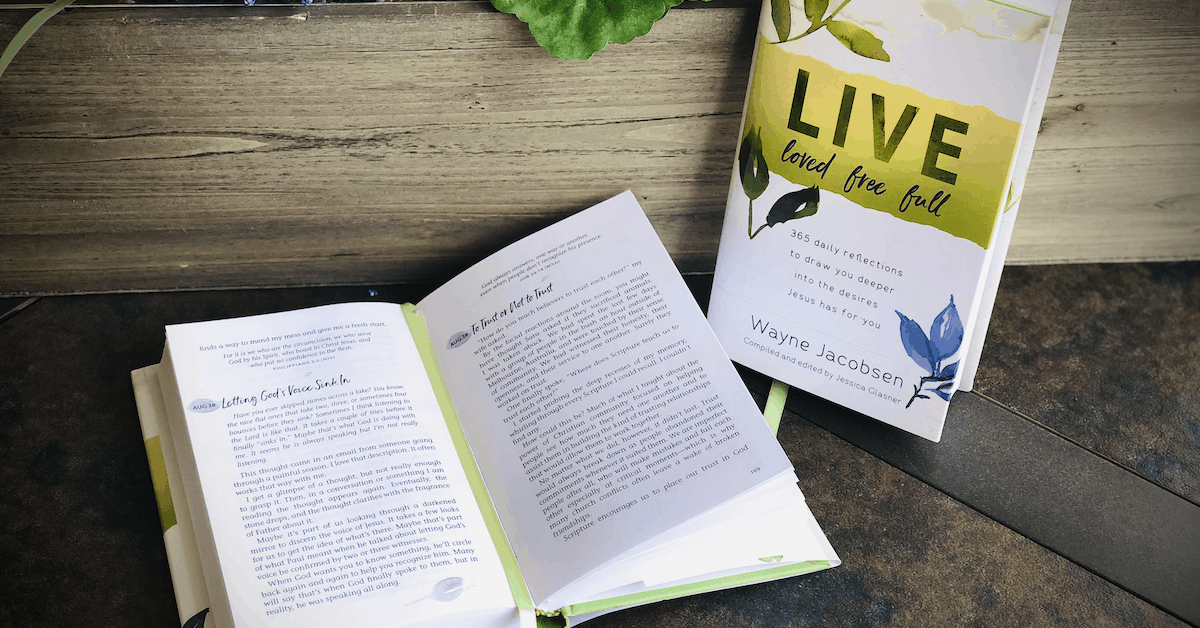

 January 19
January 19 